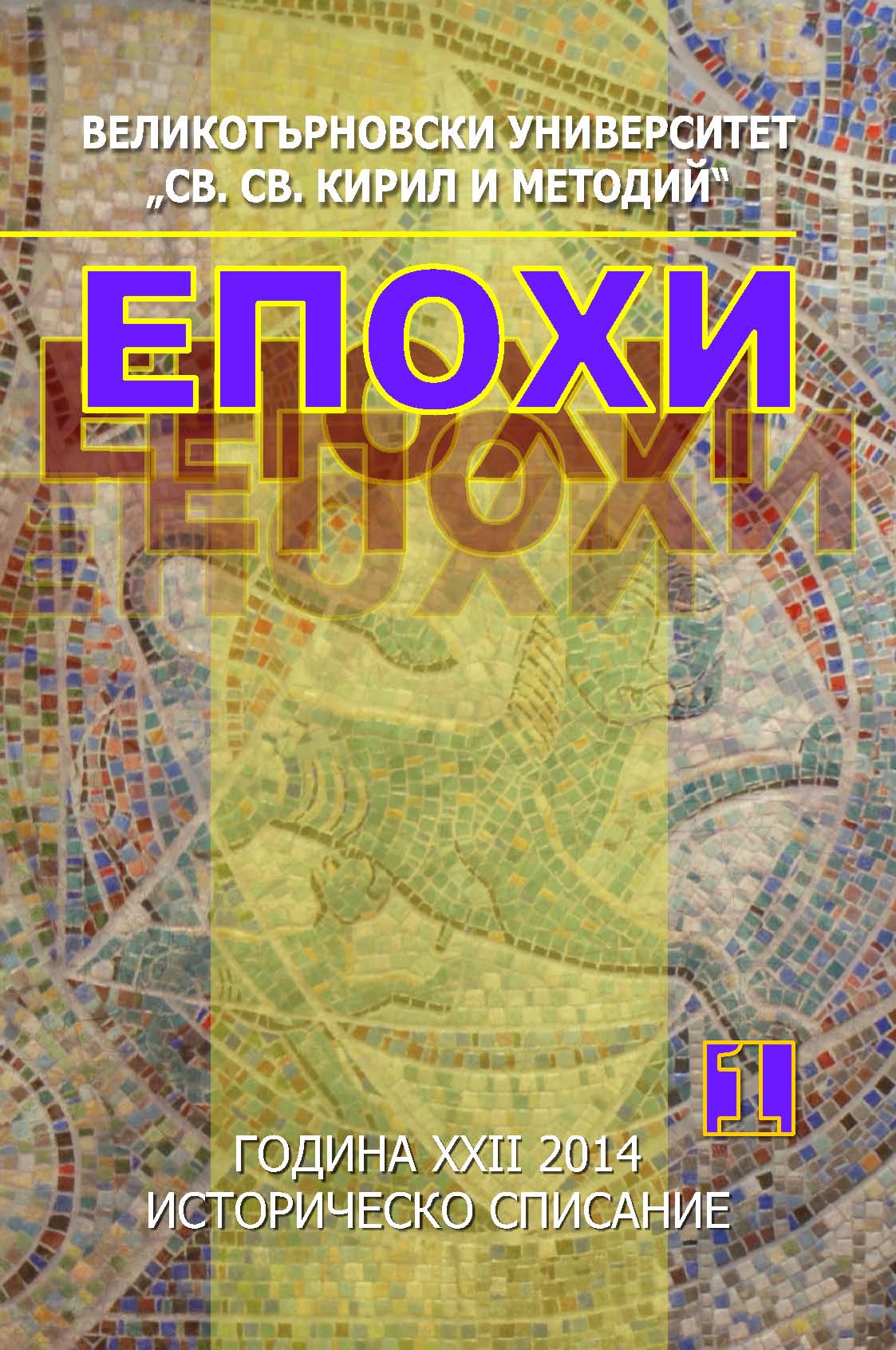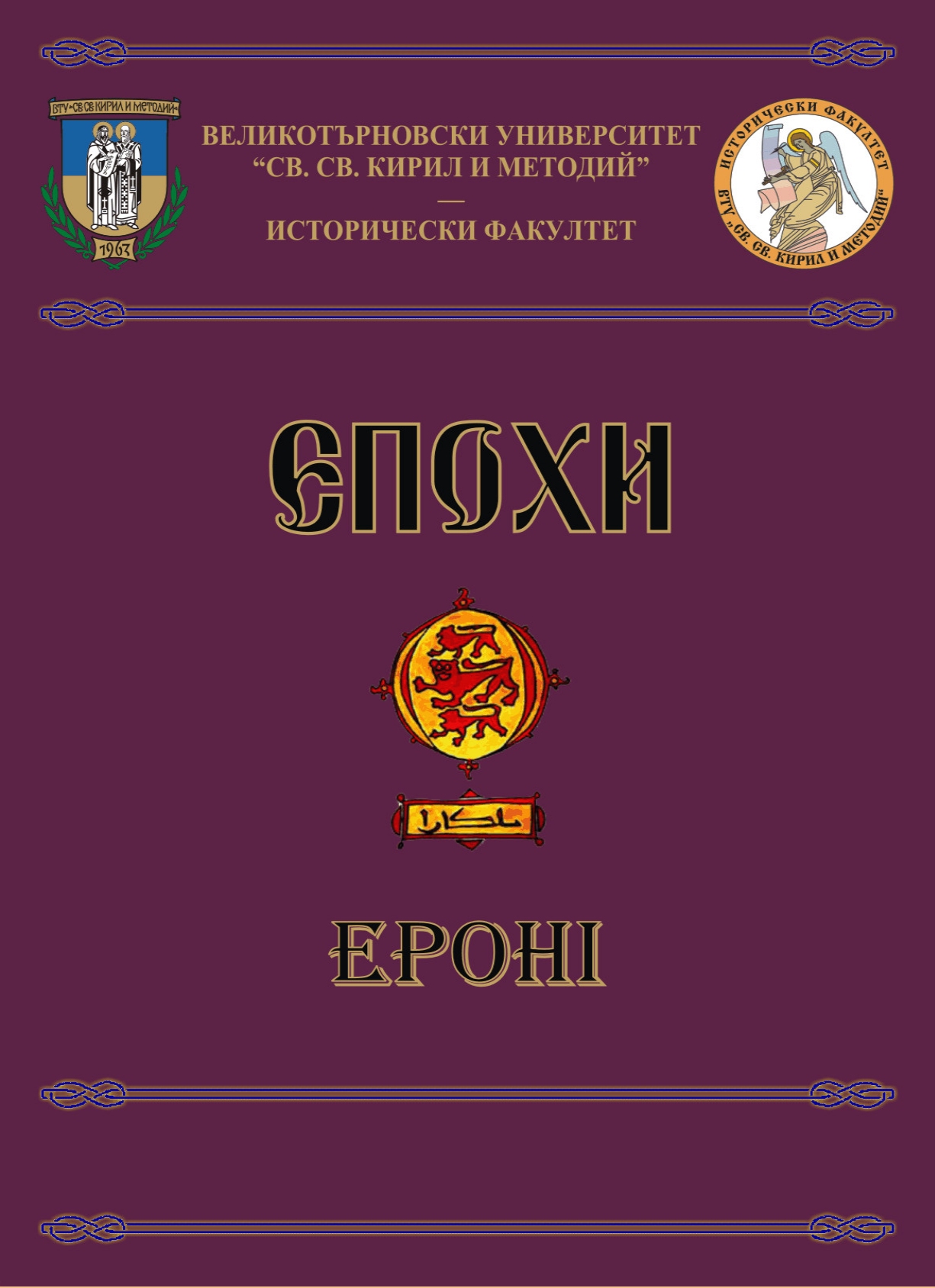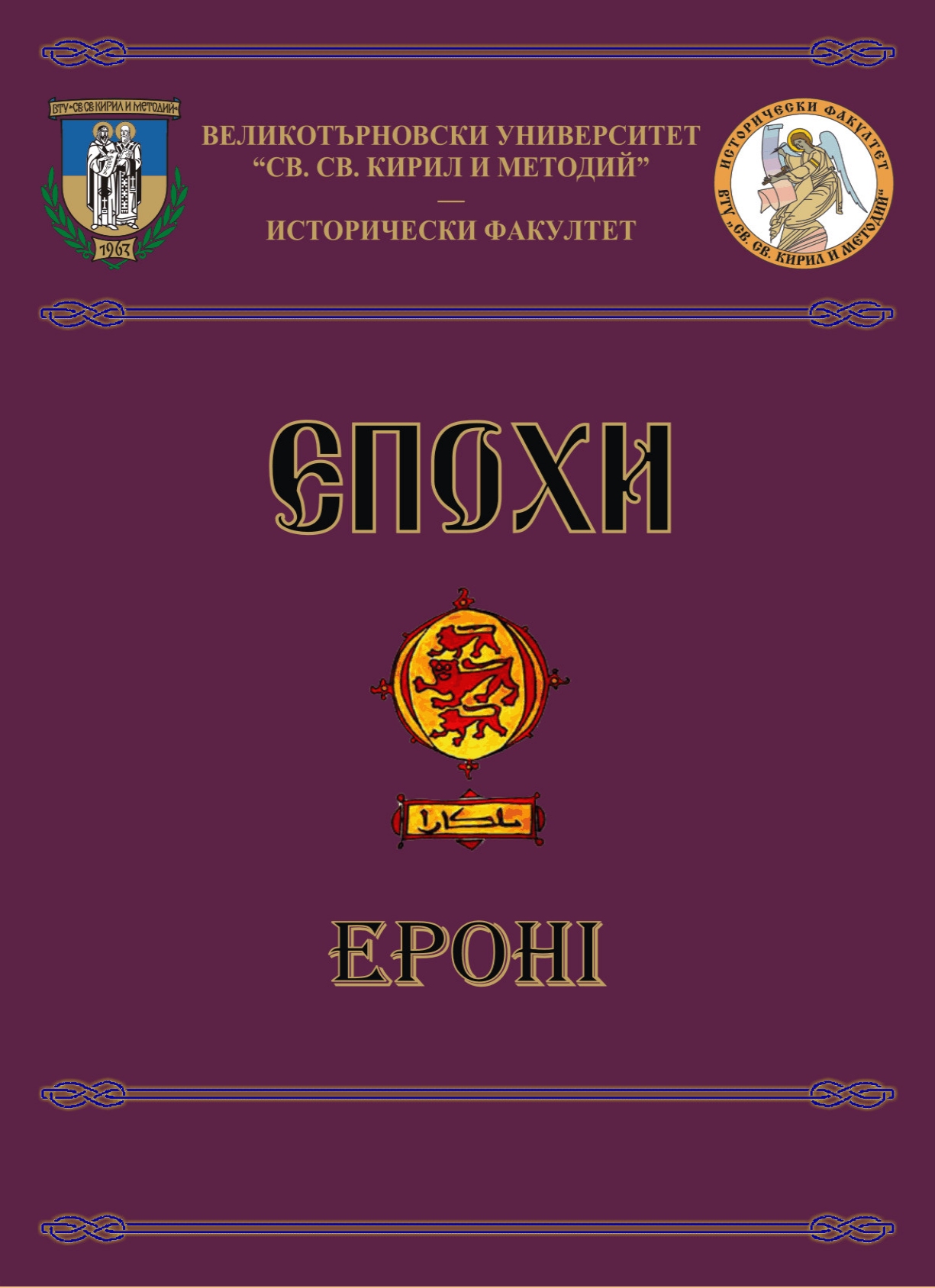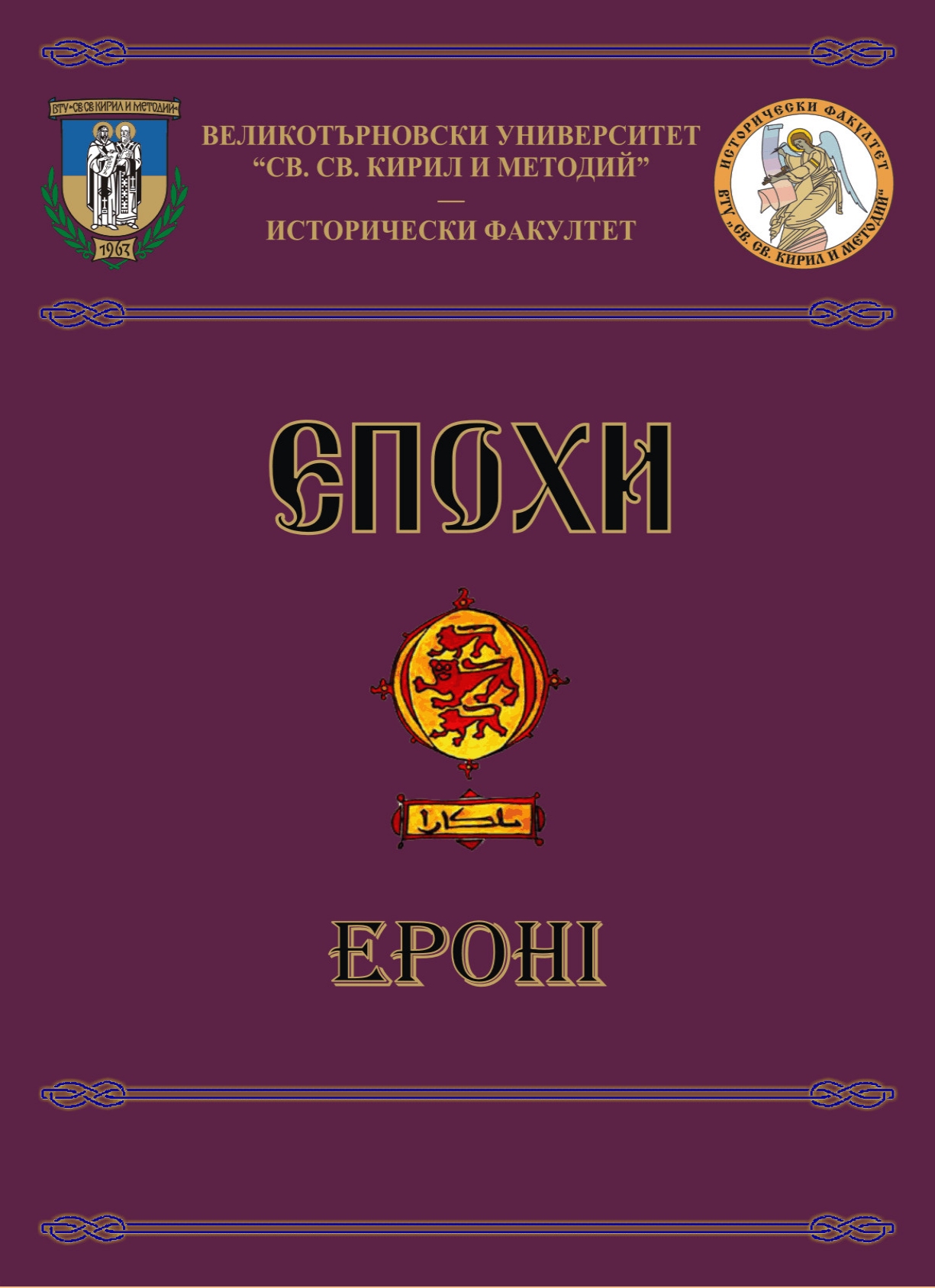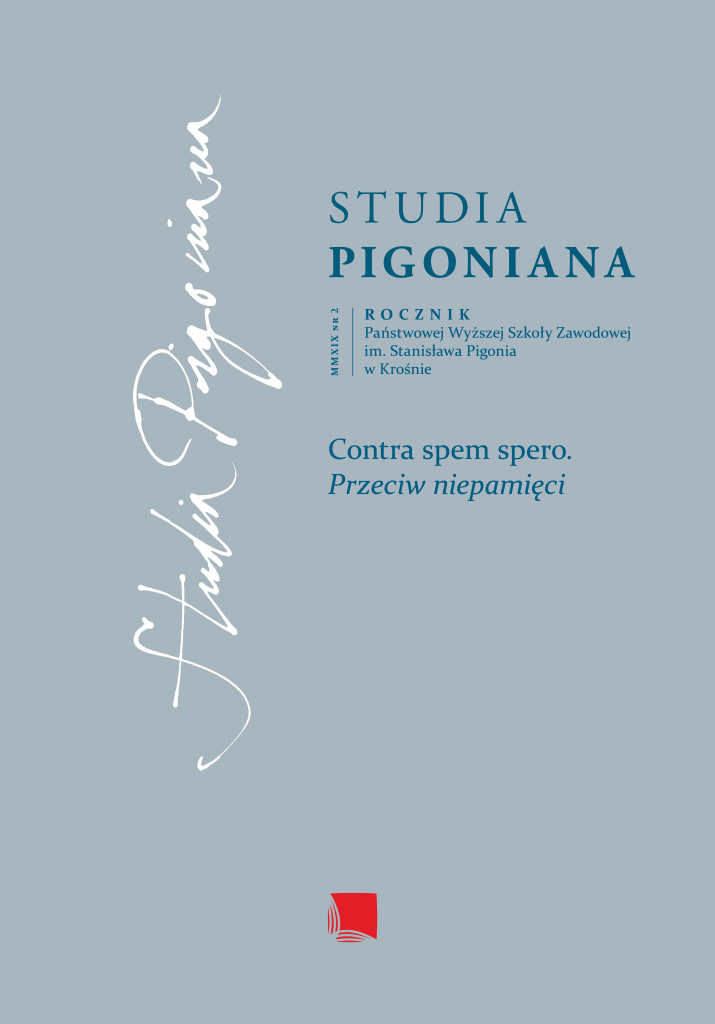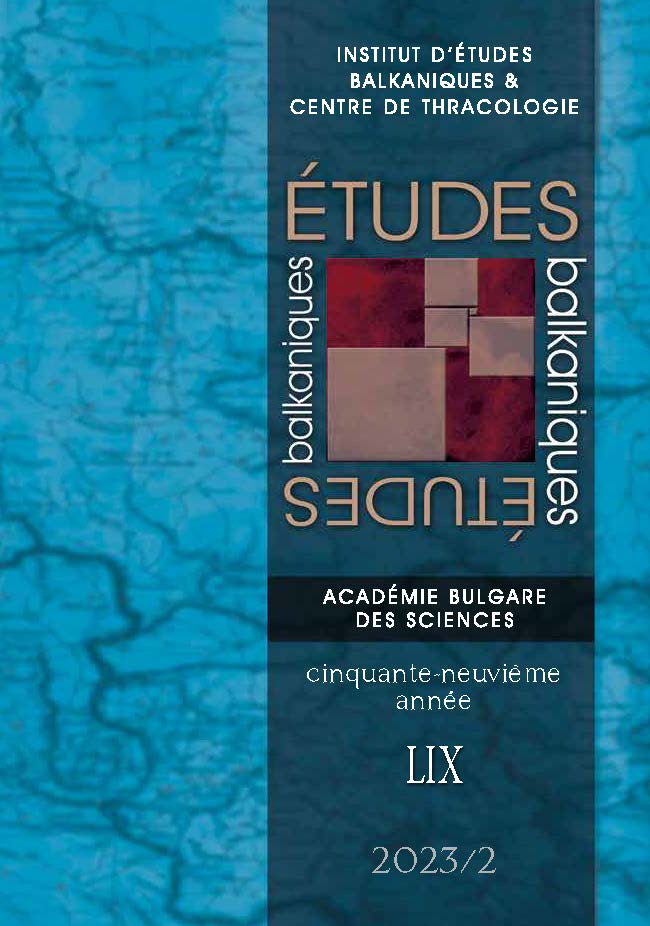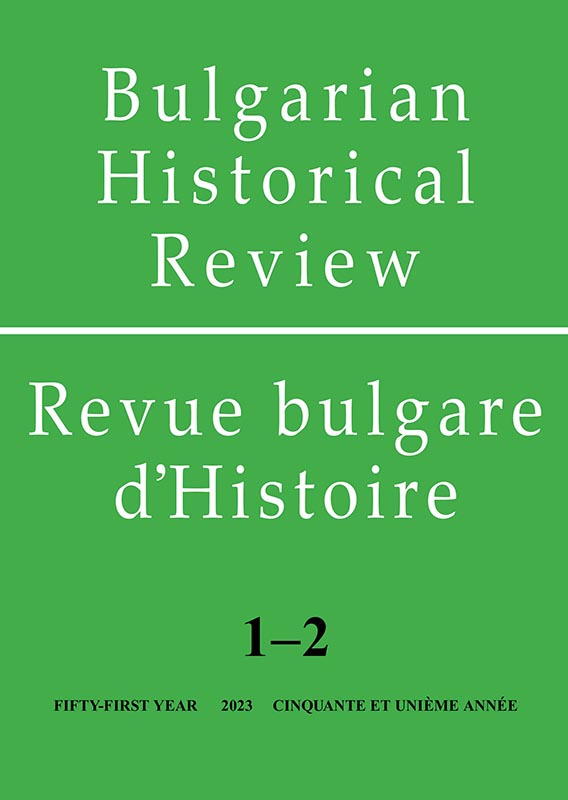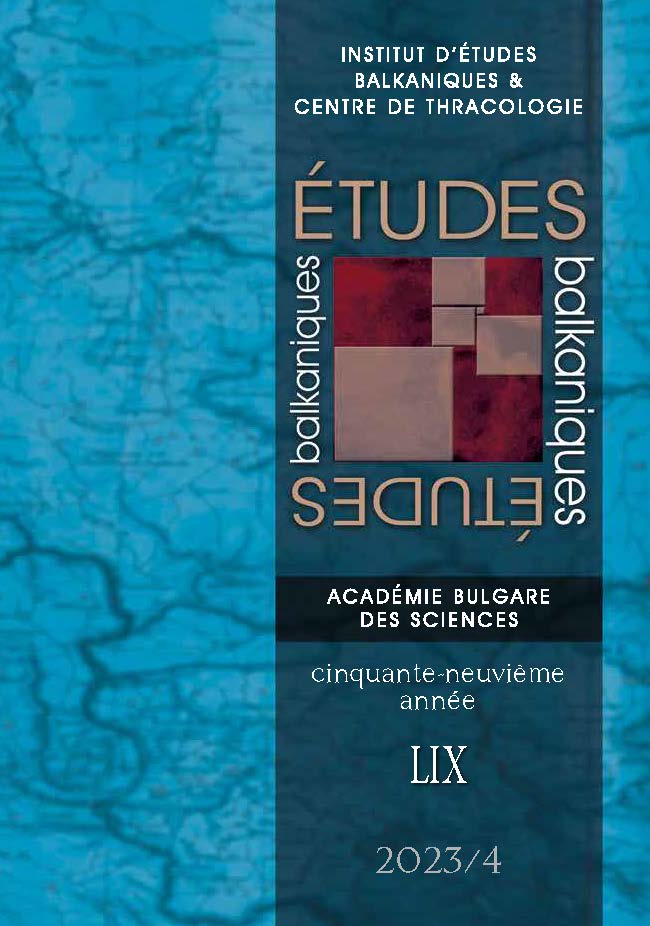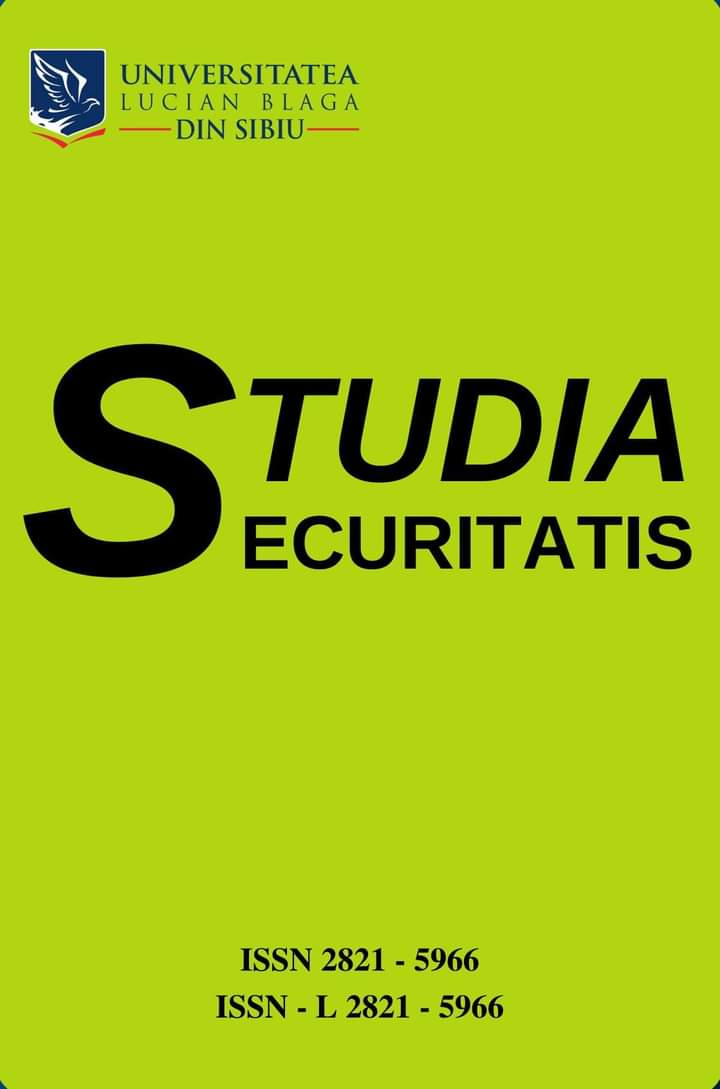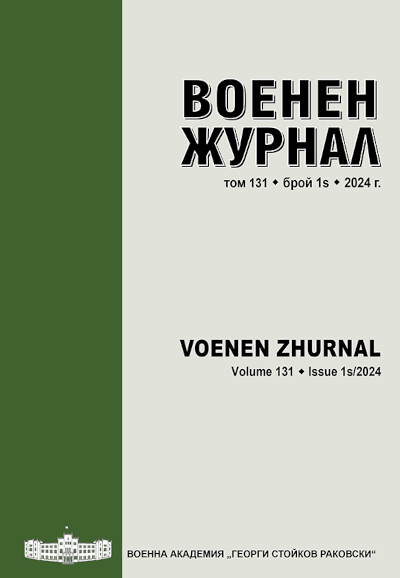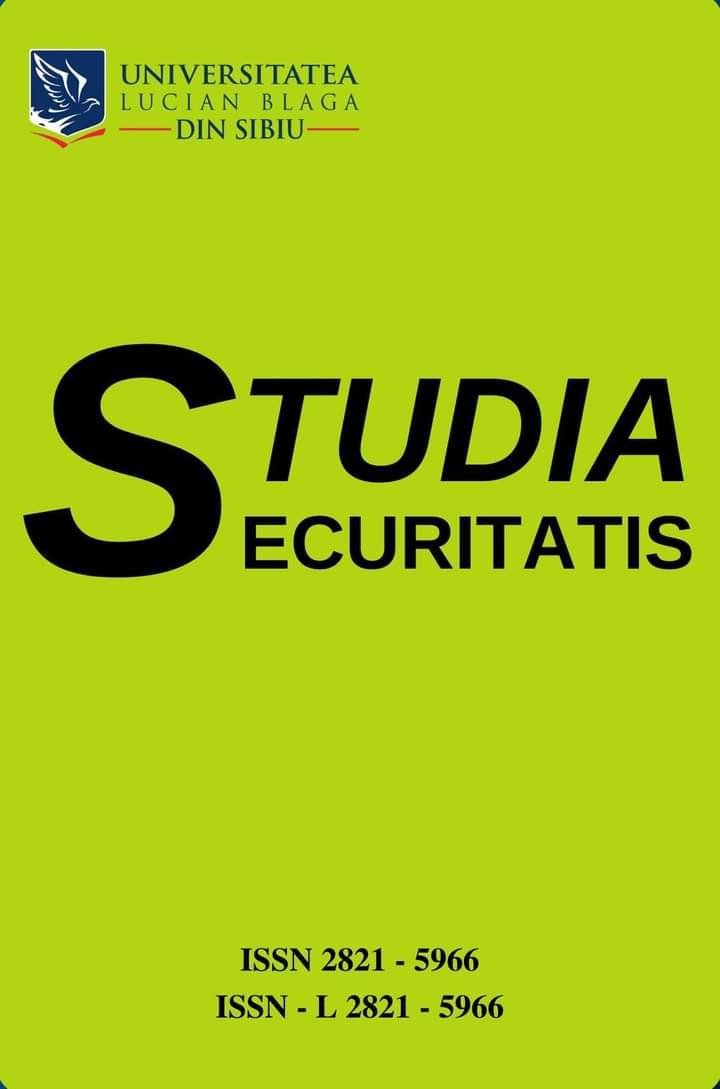Author(s): Iachimenco Iurie / Language(s): English
Issue: 1/2024
Today, the energy dependence of the Republic of Moldova has its beginnings in the communist period. Through the secret Ribbentrop - Molotov pact (1939), Bessarabia was ceded to the USSR, which fully benefited from this territory, exploiting, and using all the natural and human resources to the maximum, therefore a multitude of plants and factories were being built for this purpose. However, given the fact that the small country located between the Prut and Dniester rivers has no natural fuel deposits and no energy resources of its own, to reduce production and logistics costs, it was necessary to supply this territory with energy. Thus, in 1964, the USSR built a thermoelectric plant not anywhere, but very strategically located on the banks of the Dniester River, in the city of Dnestrovsk in the region called Transnistria, on the border with Ukraine, which was closer to the USSR's sphere of influence than Romania. The operation of this energetic complex was also strategically thought out. The power plant was to operate based on natural gas, fuel oil and coal, which were not found on the territory of Bessarabia anyway. In 1992, through the direct involvement of the Russian Federation, the newly independent state Republic of Moldova, followingly lost constitutional control over this territory and the plant and other strategic industrial objectives. Heretofore, this territory is politically controlled by the Russian Federation, which, using the leverage it has in Transnistria, energetically blackmails the Republic of Moldova to obtain political dividends and to keep it in its sphere of political influence. However, the military conflict in Ukraine could change this situation in the region.
More...
